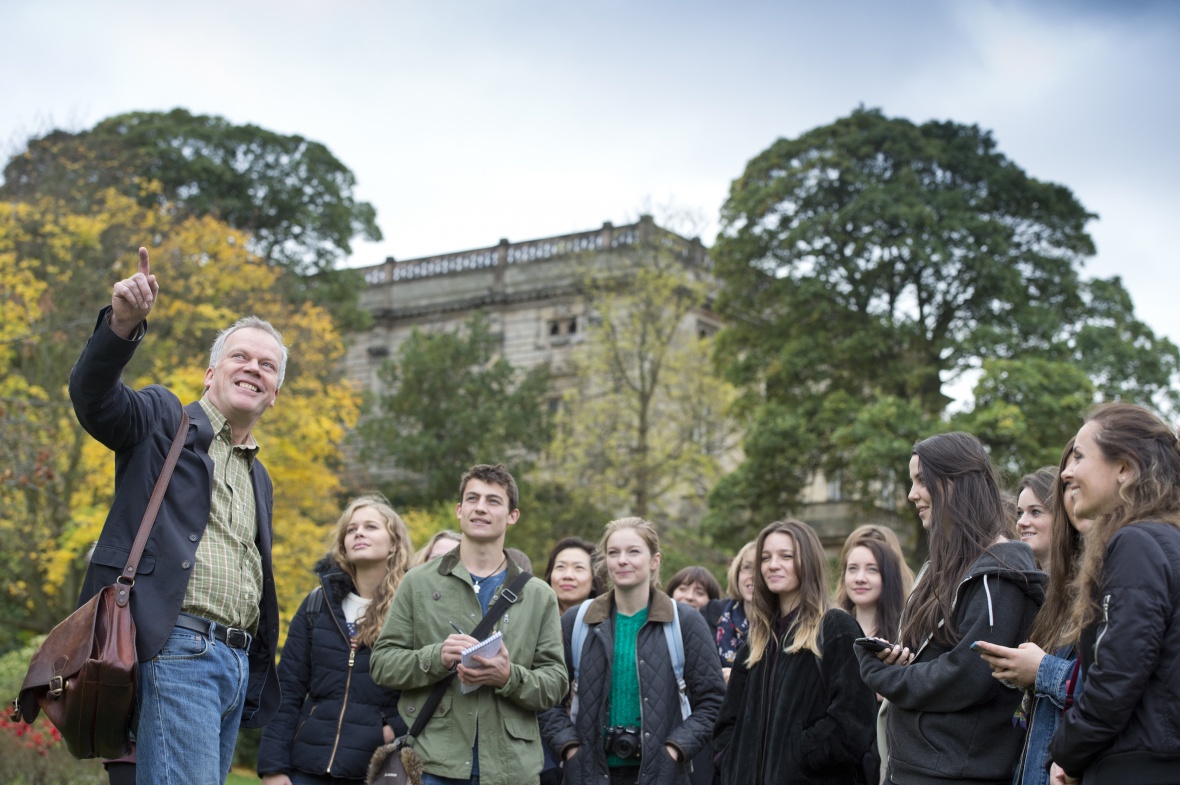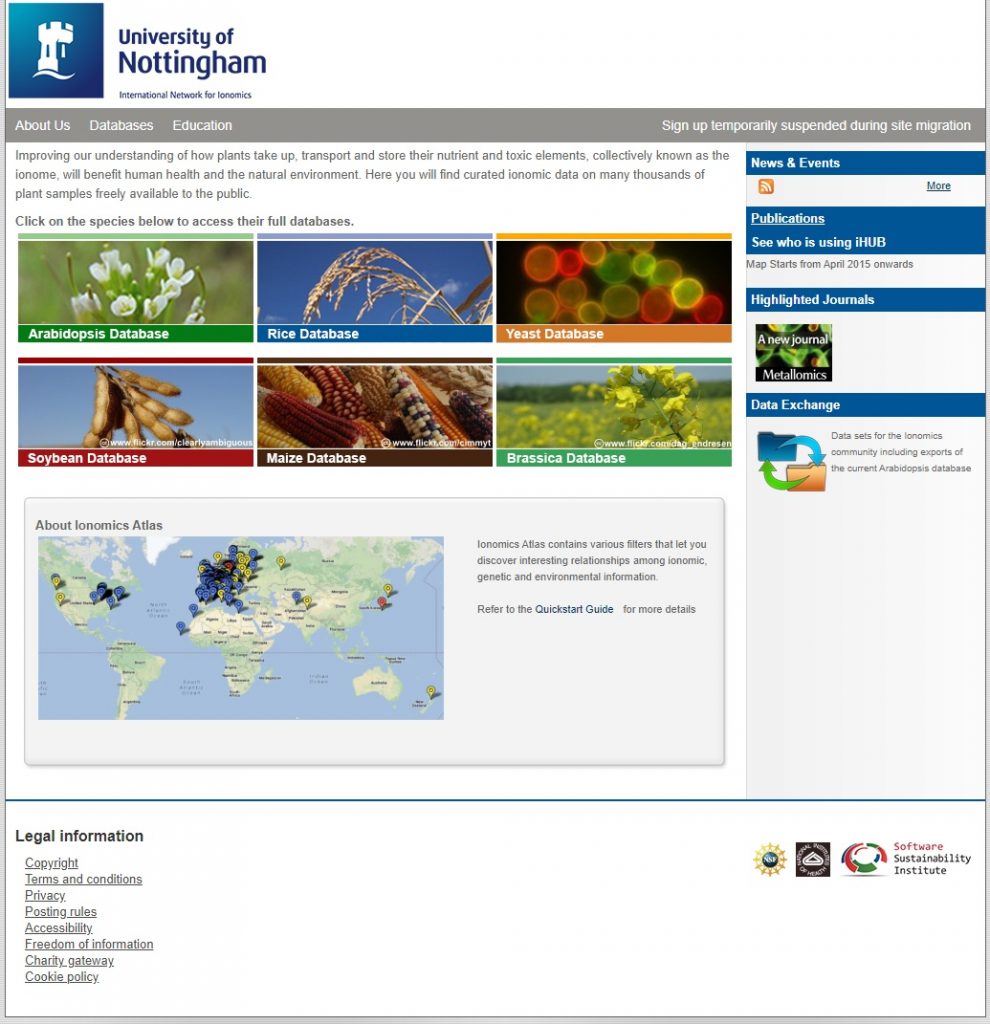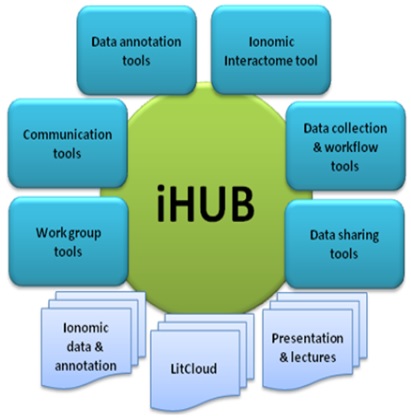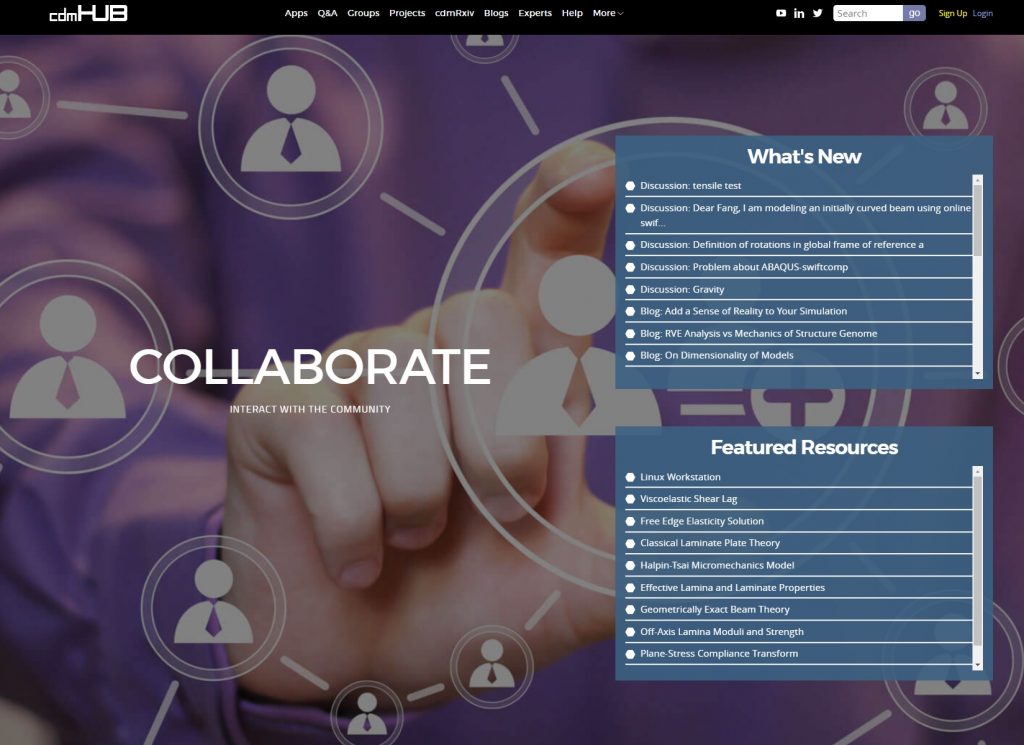
June 25, 2020, by uczenu
Expand your research possibilities
Expand your research possibilities, share your research, find an expert.
In an increasingly digital world, new technologies can help develop research by boosting the reuse of data and developing new collaboration opportunities.
Reusing research provides numerous benefits. In the first instance, accessing current or previous data sets, information, and knowledge can help support and develop research ideas more quickly. By not reinventing the wheel, more time is spent on developing new knowledge. The second aspect of sharing research is that it can promote the exposure of researchers and their work, as well as increasing citations. This, in turn, can help develop new collaboration opportunities and potential for research funding.
Finding the right person with the exact expertise can also greatly benefit research. The ability to find an expert in a given field can (a) aid the writing and strength of research grant bids, thereby improving success rates, and (b) help solve research problems by applying the relevant experience, thus bringing about a quicker resolution to problems and accelerating progress.
The following are two examples of platforms for sharing and showcasing data:
iHub
The ionomics Hub (iHub) is a web-based collaborative platform focused on the sharing of research and literature for ionomics. It brings together disparate databases from around the globe into a one-stop portal. This allows researchers to work together on data sets (and annotate them) as well as share lectures and presentations.

Figure 1: The iononmics hub (Source: https://www.ionomicshub.org/home/PiiMS)
The iHub seeks to bring together diverse sets of researchers from around the world so they may form new research groups, collaborate, create new research initiatives and possibilities. For this, it has developed tools to aid workflow, communication, data sharing, and group working (as depicted in fig.2). The iHub was developed by Professor Salt from the University of Nottingham. For more information on the iHUB please see here.

Figure 2: The iononmics hub approach (Source: https://www.ionomicshub.org/home/PiiMS)
cdmHUB
The focus for the Composites Design and Manufacturing HUB (cdmHUB) is that of composite materials, as illustrated in fig.3. It is a collaborative, web-based portal dedicated to the sharing of knowledge and expertise, accompanied by the ability to create groups of interest based around composite material themes. The website hosts emerging simulation tools, useful for solving specific problems, to help drive innovation, collaboration and further development of those tools.
“The cdmHUB will showcase emerging simulation tools, evaluate existing and emerging simulation tools and host simulation challenges to educate and unify the composites community.” Source: https://cdmhub.org/about

Figure 3: The cdmHUB (Source: https://cdmhub.org/)
The cdmHUB can highlight newly created items, provide links to useful resources and has the ability to search for different groups of interest or research items (see fig.4). It also supports links to different tools.

Figure 4: The cdmHUB Group browser (Source: https://cdmhub.org/)
Both of the above examples provide insight into potential digital capabilities that the University of Nottingham would like to develop to help enhance the work of our research community.
Research Community Hub Development
The ‘Research Community Hub’ (RCHub) is a digital research project at the University of Nottingham that aims to provide answers to such issues. It will be developed over the next two to three years with the aim of providing a ‘user developed’ service that fulfils the needs of researchers and academics alike. The RCHub must be easy to use, intuitive and “fulfil the end users’ needs”, i.e. you, the research community.
The Digital Research Methods team are currently developing the Research Community Hub, a tool to help improve your life as a researcher, accelerate your research, and improve chances of funding.
Over the coming months, we will be inviting people to take part in:
- Researcher workshops – learn about the project, tell us your current problems and future needs.
- One-to-one meetings – we want to find out ‘your’ research needs.
- Surveys – tell us your research problems around data and searching for expertise.
If you are interested in being involved, or just want to learn more, please contact esmond.urwin@nottingham.ac.uk or a Digital Research Specialist.
Sorry, comments are closed!
